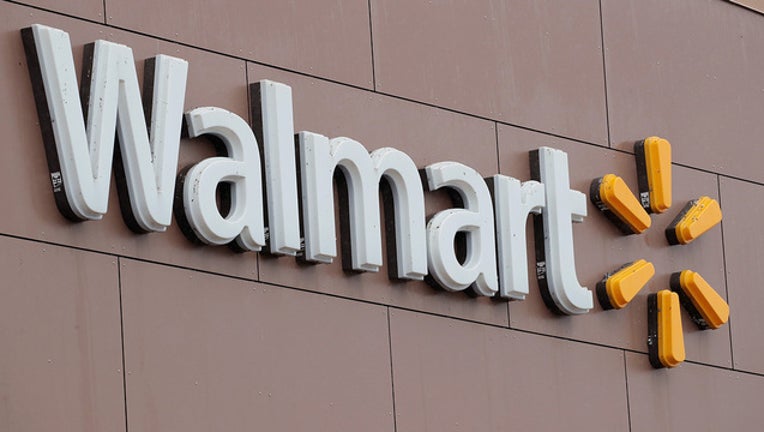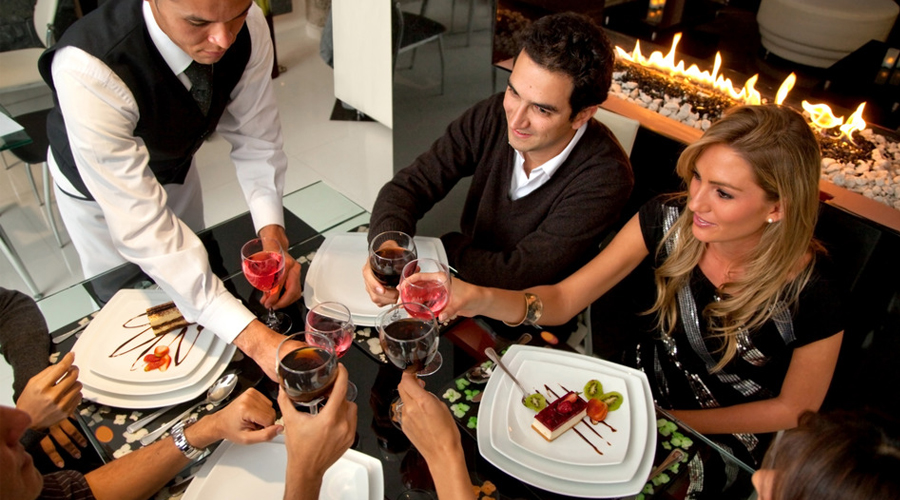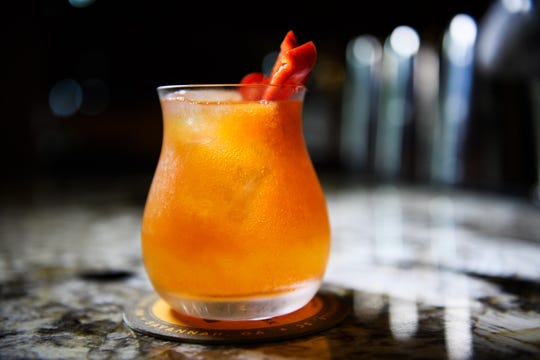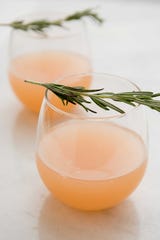Northerners start flocking to Florida typically from October-November thru April -May; is your business ready to profit to its full potential? Are you mixing some tasty new cocktails that these customers can’t wait to come back for? This time of year Restaurants become crowded and the bars become packed and we want to help keep them coming back year after year! Try some new ideas! Add that Cool Cajun Shrimp Bloody Mary to the Menu you’ve always wanted! Order those fresh jalapeños for the garnish—it will pay off in the long run! Travelers are always documenting their excursions and outings with social media so make sure you can impact everyone’s feeds! (that's lots of free marketing)
Call Liquor License FL today for your Full Liquor License Upgrade or to discuss financing on a Quota license or anything in between! We are here to make you more profitable and help you grow!














